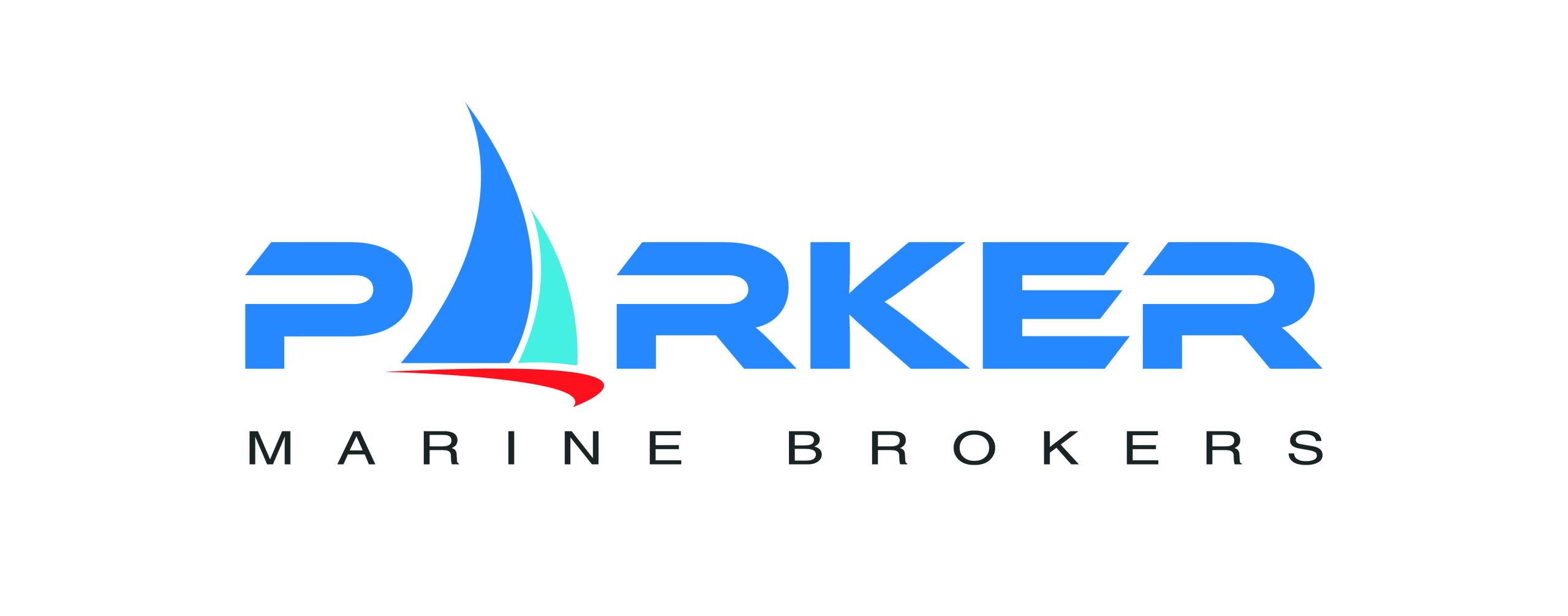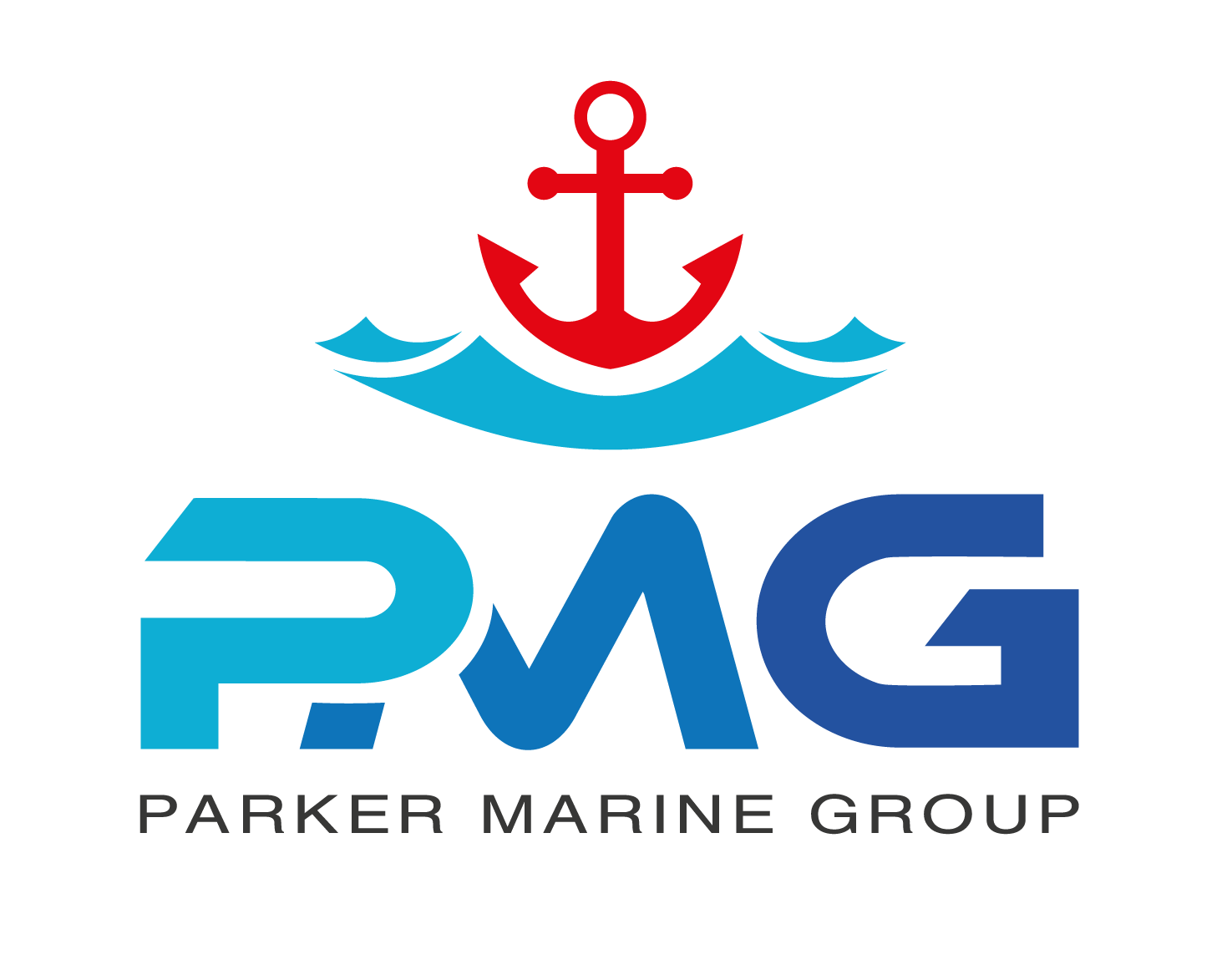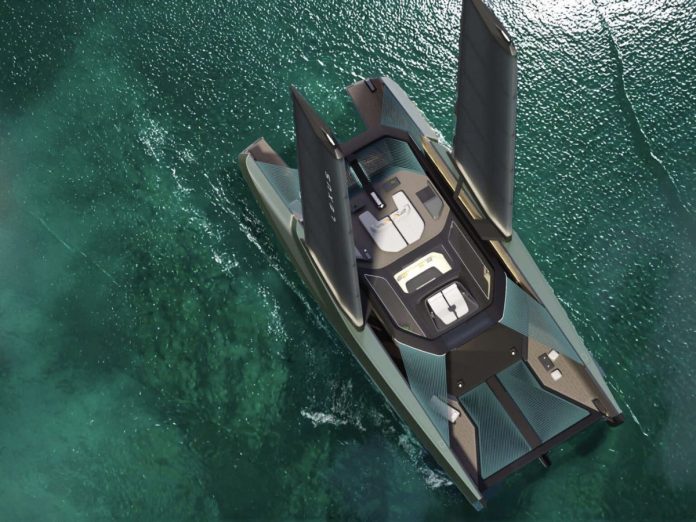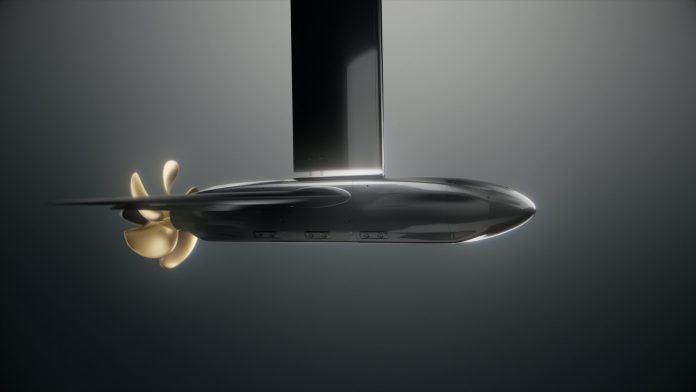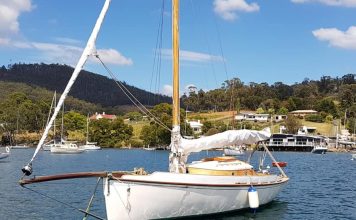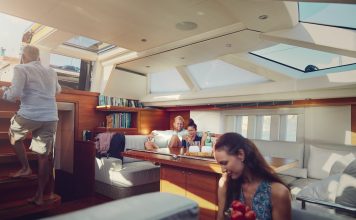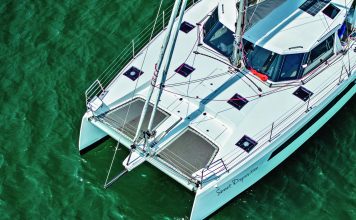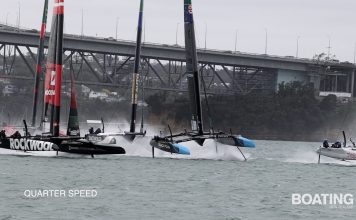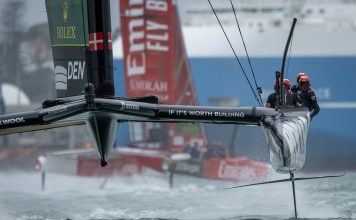Volvo Penta has unveiled a new chapter in marine propulsion with the launch of its fully electric IPS platform—a breakthrough system designed to deliver zero-emissions performance without compromising the handling, safety, or reliability that has defined the IPS brand for over two decades.
Unveiled from the company’s headquarters in Gothenburg, Sweden, the new range builds on Volvo Penta’s 20-year legacy of innovation in forward-facing drive technology and expands its offering to a future defined by clean, quiet power on the water.
From hybrid to fully electric
This new electric IPS offering follows closely on the heels of the hybrid-electric systems introduced in early 2024. Together, they form a dual-path approach to electrification—hybrid for extended range or fuel-saving efficiency, and fully electric for zero-emissions applications.
Available in twin, triple, or quadruple configurations, the fully electric IPS range introduces direct coupling of an electric motor to the well-proven IPS driveline, enabling the familiar benefits of Electronic Vessel Control (EVC), joystick manoeuvrability, and enhanced acceleration—now powered entirely by electricity.
“We have built up strong expertise based on 20 years of efficient operation with more than 40,000 Volvo Penta IPS drivelines in service,”
— Anna Müller, President, Volvo Penta
“Our aim with this new range is to deliver a plug-and-play electric propulsion solution, keeping the uniqueness of our core competence, but also designed to scale with third-party integrators.”
High-performance, zero-emissions drive
The first model to launch will be the IPS900E, offering up to 515 kW, with production slated to begin in the fourth quarter of 2025. This will be followed by the IPS650E, with additional models expected to complete the five-strong lineup covering power outputs from 220 kW to 1.1 MW per driveline—scaling up to a formidable 4.5 MW for quad setups.
The hallmark of Volvo Penta’s IPS system—its forward-facing propellers—delivers increased efficiency by pulling the vessel through the water, rather than pushing it. When combined with electric drive, the result is smoother, more silent operation with reduced vibration and zero emissions at the point of use.
Beyond performance, the electric IPS system offers refined control through Volvo Penta’s EVC platform, supporting premium features such as:
-
- Joystick Driving
- Dynamic Positioning System
- Autopilot
- Assisted Docking
A fully integrated Human-Machine Interface (HMI) allows operators to switch between drive modes—Pure Electric, Hybrid Electric, or Hybrid Fuel—while monitoring system status through an advanced Energy Management System (EMS).
Built-in flexibility and redundancy
To support varying operational demands, Volvo Penta is also offering a suite of onboard generator sets—both fixed and variable speed—that can serve as either the primary energy source or a backup. This “power of plenty” philosophy ensures uptime and redundancy, especially important in commercial or multi-day cruising applications.
If one genset is offline, others seamlessly take over, balancing engine hours and extending service intervals. The system is built for flexibility, productivity, and resilience.
Scalable ecosystem and integration support
The new IPS electric system is designed for ease of integration with third-party suppliers. Through collaboration with qualified partners, Volvo Penta aims to deliver full ecosystem packages including propulsion, energy storage, DC grid infrastructure, and the EMS.
The company’s in-house capabilities have also expanded through its ownership of ZEM, a specialist in electric and hybrid marine systems. This enables Volvo Penta to provide complete solutions—from motor to storage—under one roof, tailored to the vessel’s application and duty cycle.
Toward a sustainable marine future
For boatbuilders, commercial fleet operators, and forward-thinking private owners, Volvo Penta’s electric IPS opens a compelling path toward low-impact boating. The system’s scalability, from small twin installations to high-output quad setups, offers solutions for a broad range of vessel types and missions—from urban ferries to coastal cruisers.

Volvo Penta’s new range shows that electric propulsion in serious boating is no longer a concept—it’s a commercial reality.
“We believe our new electric marine propulsion range will be a winning combination – uniting the efficiency of Volvo Penta IPS and qualified integrators’ expertise,” concludes Müller.
“We look forward to groundbreaking collaboration to bring this game-changing marine technology to life.”










